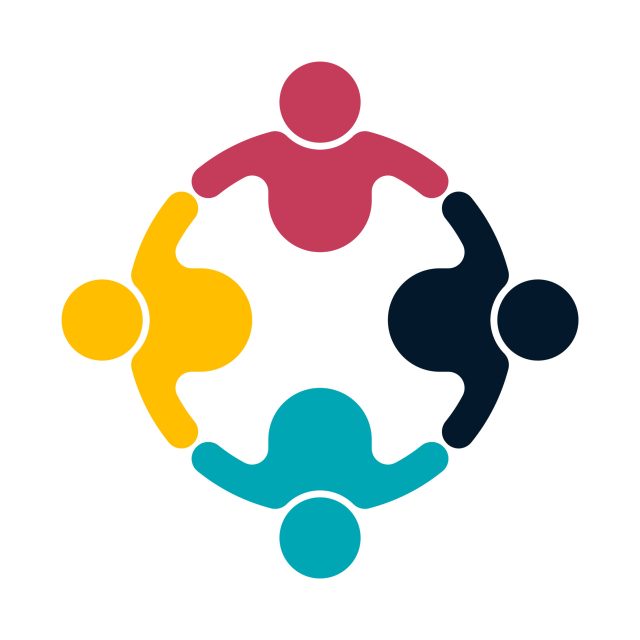Course Summary
Culturally responsive skills can improve client engagement in services, therapeutic relationships between clients and providers, and treatment retention and outcomes. Cultural competence is an essential ingredient in decreasing disparities in behavioral health. This course defines cultural competence, presents a rationale for pursuing it, and describes the process of becoming culturally competent and responsive to client needs. It introduces a framework, adapting Sue’s (2001) multidimensional model of cultural competence as the guiding model across chapters. It ends with a broad overview of the concepts integral to an understanding of race, ethnicity, and culture.
Course Format
This course contains downloadable online lessons (PDF) and a practice test. When you’re ready, purchase the course by clicking the “Add To Cart” button. This will let you take the test, complete the course evaluation and receive your certificate for CE credits.
Learning Objectives
- Defines cultural competence.
- Describe the multidimensional model of cultural competence.
- Explain the differences between race, ethnicity, and culture.
Course Syllabus
- Purpose and Objectives
- Core Assumptions
- What Is Cultural Competence?
- Why Is Cultural Competence Important?
- How Is Cultural Competence Achieved?
- What Is Culture?
- What Is Race?
- What Is Ethnicity?
- What Is Cultural Identity?
- What Are the Cross-Cutting Factors in Race, Ethnicity, and Culture?


